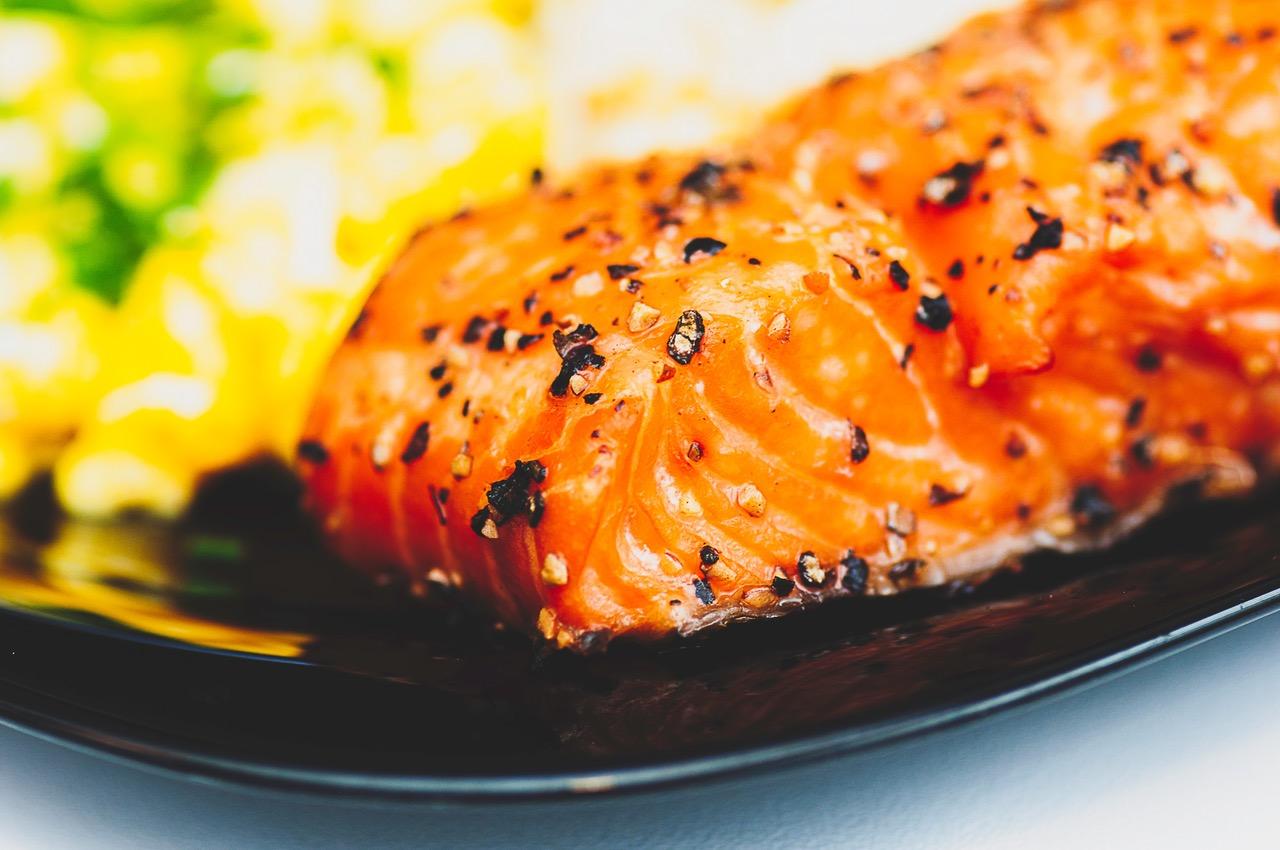Finless Foods Pioneers Innovation To Grow Fish From Stem Cells
The cellular meat production industry has taken to the proverbial seas with Finless Foods, a new biotechnology company angling to grow fish meat from stem cells, thereby taking the fishing out of fish in a sustainable move for the environment.
Updated Nov. 19 2020, 9:38 p.m. ET
The cellular meat production industry has taken to the proverbial seas with Finless Foods, a new biotechnology company angling to grow fish meat from stem cells thereby taking the fishing out of, well, fish. Fish consumption continues to rise, even as 53 percent of the planet’s fish stocks are completely exploited, or so overfished that an increase in the catch is rendered impossible.
American consumption of finned food totals at 4.8 billion pounds annually, according to the National Oceanic And Atmospheric Administration. On the global scale, governments put increased caps on fishing to protect ecosystems, and new information comes out steadily about the possibly harmful chemicals showing up in fish.
Enter Finless Foods, where workers imagine a future of fish meat requiring no hooks, nets, aquariums, or even aquaculture. The fish in this alternate universe are free of toxins and poisons like mercury—a particularly large threat for long-living fish species such as king mackerel, marlin, northern pike, shark, swordfish, tilefish, and tuna.
Here’s the plan: Using stem cell technology, scientists intend to extract cells from living fish that will be grown into entire tuna steaks, filets, and more. With cellular meat production, consumers would no longer have to worry about fish and shellfish advisories or safe eating guides. No more potential of ingesting plastic with your next serving of swordfish. And it would mean no more concern over PCBs (polychlorinated biphenyls), synthetic chemicals banned in the United States in 1979 but which have continued to appear in some fish.
Finless Foods would use a “brewery-like environment” to create fish meat on a massive scale, keeping the taste and texture of wild fish, but offering the “meat” at a fraction of the cost of aquacultured or wild-caught fish. The energy put into the cellular production would create meat without scales, bones, heads, or other parts that are not generally eaten. No energy will be burned off by normal fish habits like swimming or thinking, and no energy will be expended by boats or fishermen. That’s better for our wallets, better for the environment, and better for our health.
Imagine a world with no depleted fisheries. No damage to coral reefs. No health risks. And no ethical dilemma over whether fish feel pain. The technology for the project is still coming to fruition, but it will essentially depend on a culture of cells extracted from a living marine animal that is theoretically in no discomfort and leading a fully functional fish life.
The cells will be reproduced in the shape of a filet, and can be used over and over to create more. On a cellular level, the result will be 100 percent identical to the real thing. On an environmental level, it could be a total game-changer for our oceans, lakes, and rivers.
Finless Foods is the first company to be talking cellular regrowth of fish, following in the footsteps of Silicon Valley startup Memphis Meats, which has already created slaughter-free chicken, duck, and even meatballs. That company intends to offer its products for sale to the public as early as 2021.

